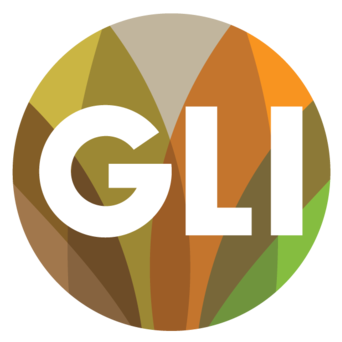Having access to reliable, convenient, and quality mental healthcare services is critically important, more so following the COVID-19 pandemic. Developing and post-conflict countries are no exception to this and are facing the compounding barriers to mental healthcare access. Community-based outreach has grown as an alternative to ameliorate the barriers to mental healthcare access that exist in developing countries.
Prepared by: Myra Garcia, Psy.D. & MPA Candidate
Executive Summary →
The Global Livingston Institute (GLI), through their coined motto "Listen. Think. Act," has listened to and continues to develop an understanding of the Ugandan community's access to mental healthcare needs. GLI partnered with the National Board for Certified Counselors International (NBCC-1) to bring the community-based outreach, Mental Health Facilitator (MHF) program to the community of Uganda, Africa.
As a response to previous research findings and recommendations, this capstone project sought to conduct a mental healthcare needs assessment that could: understand the care-seekers demographic and mental health characteristics, the available mental healthcare infrastructure (including its strengths and areas for growth), and to explore collaboration interests among the community's healthcare institutions and MHFs.
GLI research assistants deployed the survey to eleven (11) representatives of healthcare institutions, in Lira, Uganda, that offer some form of mental healthcare service. Based on survey responses, we found that:
Mental healthcare seekers grapple with various mental illnesses, socioeconomic barriers, and lack the resources needed to access timely and convenient mental healthcare services. • Respondent institutions grapple with insufficient human resources to meet the mental healthcare service needs of the community's care seekers.
There was little awareness of GLI's Mental Health Facilitator Program.
There was substantial (100%) interest in developing a collaborative and professional relationship with GLI.
There was substantial (100%) interest from the responding mental healthcare organizations in inclusion as a referral source so that GLI's Mental Health Facilitators can consider when referring community members to short-term, long-term, and or ancillary mental healthcare services.
Study limitations, findings, and recommendations point to a need to continue this project with the aim to expand data collection, collect data from governmental healthcare institutions, and to expand survey questions to capture the public health impacts of the COVID-19 pandemic on the available mental healthcare infrastructure. This proiect also recommends that GLI reenvision their marketing strategies to promote the value and availability of their MHFs to other mental healthcare institutions, especially those who participated in this project, that are interested in these services.


